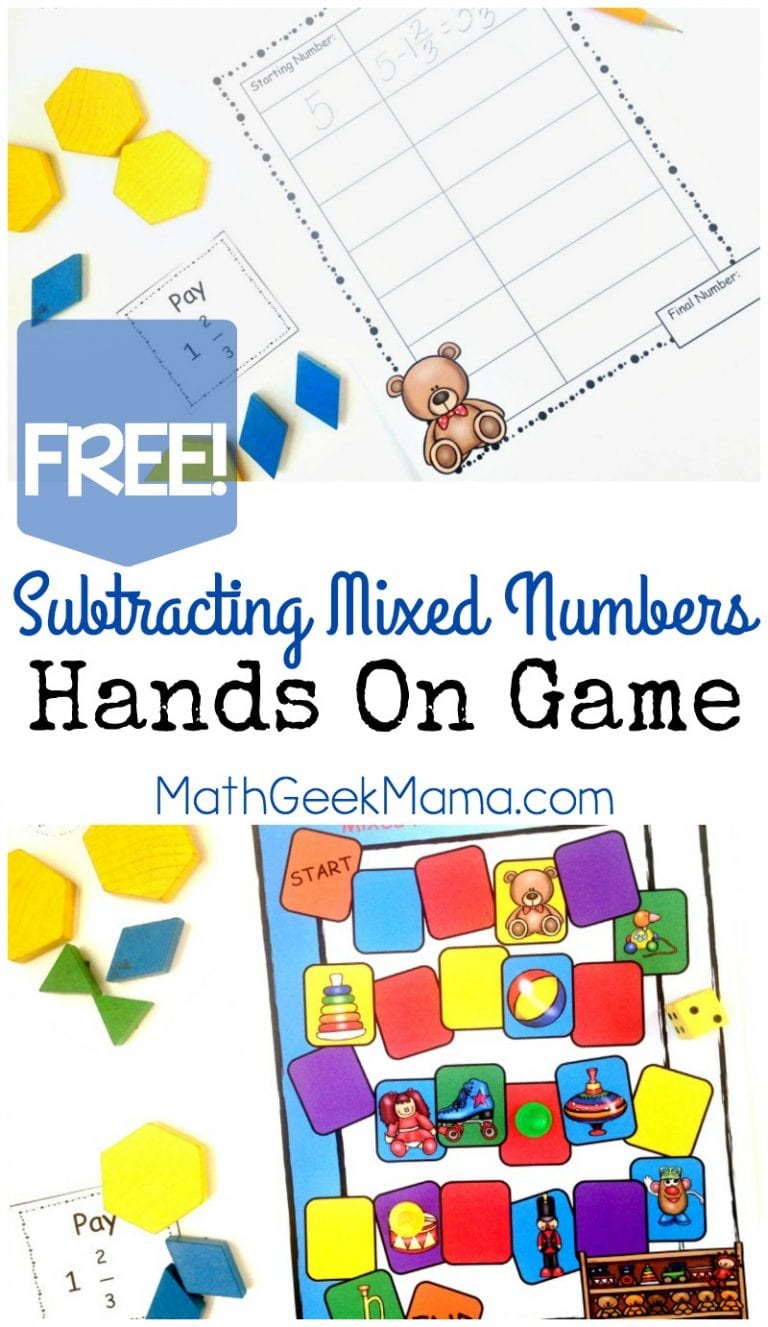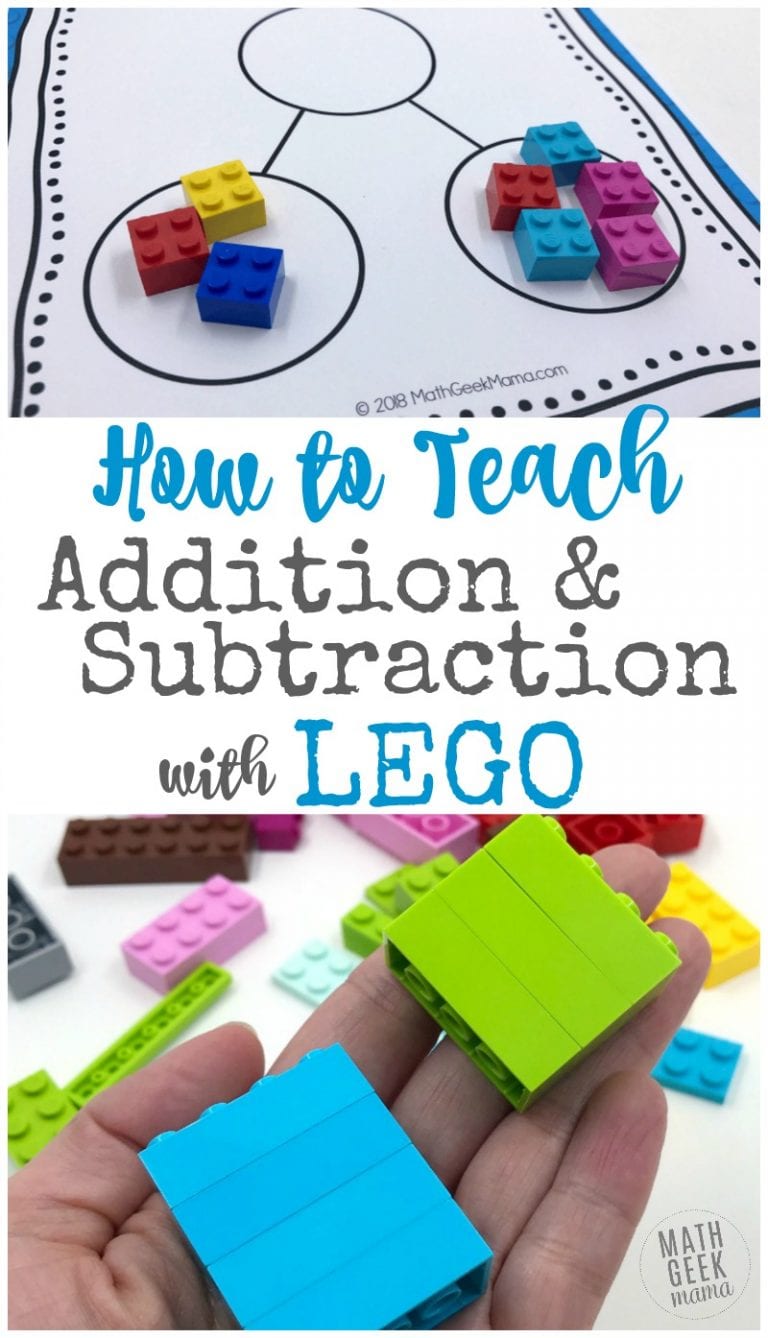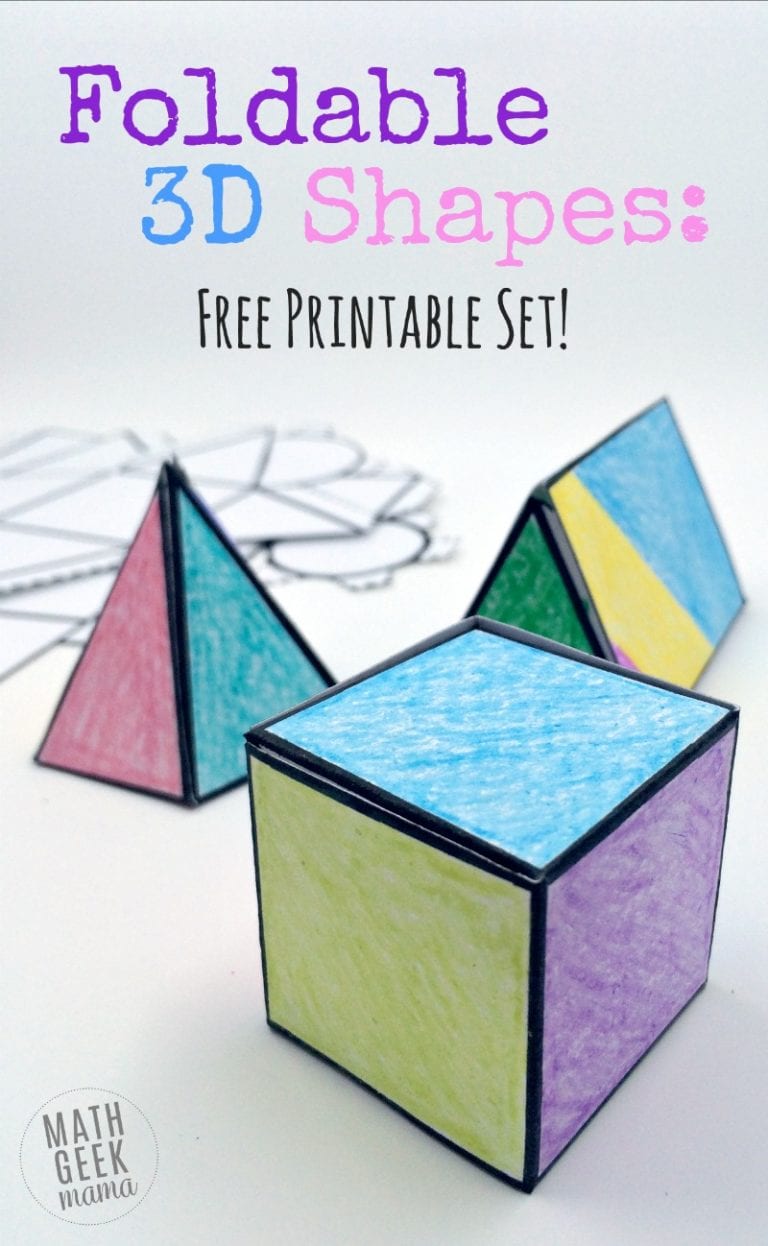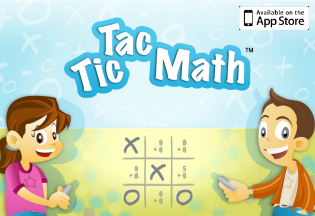Overwhelmed Teaching Math? 9 Tips to Find Balance & Grow as a Teacher
Are you overwhelmed teaching math day after day, feeling like you’re not making progress? You are not alone. Find encouragement & tips to overcome overwhelm & grow as an educator.
Teaching math can be a rewarding but challenging endeavor. Whether you’re an experienced educator or a new teacher, the subject of mathematics often elicits a range of emotions from students (and teachers alike!). Some find it exciting and intuitive, while others may feel overwhelmed or anxious.
If you find yourself overwhelmed teaching math, don’t worry—you’re not alone, and there are strategies you can employ to make the experience more enjoyable and effective for both you and your students. In this blog post, we’ll explore 9 tips to help you navigate the world of teaching math through planning and conscious thinking.
*This is a guest post from Kelsey at Wife Teacher Mommy.
1. Stop Comparing Yourself to Other Teachers
As a teacher, you have a ton of responsibilities that pull you in a million different directions. Planning lessons, differentiation, grading papers, collaboration, classroom management, behavior management, IEPs, and parent-teacher conferences, just to name a few.
It makes sense that you’re feeling overwhelmed. And you may be exhausted, like, all the time. You may feel like you can’t do it all but the teacher next door or down the hall can. But you know what? The biggest mistake teachers make is comparing themselves to other teachers who seem to have it all together.
Instead of comparing yourself to the other teachers around you, reframe your mindset and focus on your strengths. You bring a unique set of skills to your job that your students benefit from.
For more help and tips to stop comparing yourself to others, listen to this episode of Wife Teacher Mommy: The Podcast.
2. Understand the Math Fundamentals
Before you can effectively teach math, it’s essential to have a strong understanding of the subject matter. Review the fundamental math concepts, brush up on your skills, and explore different teaching methods.
Just as you need to understand the fundamentals, your students do as well. Try incorporating daily math reviews or math fluency practice to help your students keep their math foundation strong.
3. Set Clear Objectives for Your Students
Establish clear learning objectives for each lesson or unit, in addition to clear classroom rules and expectations. Knowing what you want your students to achieve will not only help you stay focused but also give your students a sense of direction.
Clearly communicate these objectives and expectations to your students to help motivate them. They will appreciate knowing exactly what you expect them to learn from the lesson. For more help with setting up a clear classroom management plan, listen to this podcast episode.
Or listen to this episode for extra help if you struggle with motivating those “lazy” students.
4. Create a Vision Board
Do you have a vision board in your home or classroom? Using a vision board can help you feel more intentional and balanced, instead of overwhelmed, in both your personal and professional lives.
Keep an up-to-date vision board where you can see it daily, then celebrate your accomplishments by removing them from the board and adding new intentions.
Simply spend 3 minutes a day focusing on your vision board to reinforce the connection between your conscious intentions and subconscious mind.
5. Make Math Relevant for Students
“When will we ever use this?” I’m sure you’ve had a student (or ten!) ask you this question.
Mathematics is all around us, and showing your students its real-life applications can make the subject more engaging.
Whether it’s calculating expenses, solving practical problems, or exploring the mathematical principles behind art and architecture, relating math to the real world can make it more relatable and interesting.
6. Declutter Your Mind and Space
Start by organizing your math supplies– worksheets, calculators, extra pencils, rulers, compasses, etc. When everything has a place, it can help reduce clutter and make you feel more organized.
Establish a classroom routine with your students that includes tidying up at the beginning and end of the day.
Often, before you can organize your space, you need to organize your mind. Listen to this episode for tips on how to do that. Whether you are new to the classroom or a veteran teacher, one of the organization tips shared will resonate with you.
7. Foster a Growth Mindset
A great mentor once shared this advice with me- when students asked her the question above and there wasn’t an easy real-life application, she focused on a growth mindset and told her students that they were learning how to learn.
Encourage your students to embrace that growth mindset. Help them learn what to do when faced with a new challenge. Show them how to figure out the answer to a question. Teach them that mistakes are part of the learning process and that perseverance is the key to success in math.
A positive attitude towards challenges and setbacks can help students develop a resilient approach to problem-solving.
Need help with your own growth mindset? Attend a free Mindset Masterclass to help you!
And check out this list of math tasks that will help students foster a growth mindset.
8. Provide Purposeful Feedback
Another piece of great advice that I got as a new teacher was, “You don’t have to grade everything.” This will save you time and sanity. Plus, grading is not always the best way to provide feedback. Traditional grading puts the focus on scores, or how many answers students got right or wrong.
Instead, either verbally or in writing, provide feedback that focuses on how well the student understands the concept you are working on. Start with what they did well and praise their effort, not talent. Then provide clear steps for how they can improve the next time they try.
Individualized feedback can help your students understand their strengths and weaknesses and motivate them to work on their skills.
9. Seek Support and Resources
Don’t be afraid to ask for help or access available resources. Your colleagues and online communities can offer a wealth of advice and support.
If you are feeling overwhelmed teaching math, check out my Mindset Masterclass to transform that overwhelmed feeling into balance. In this class, I teach the 5-Step Mindset Framework that has been used and proven with thousands of clients.
By following these nine tips, you can create a positive and nurturing learning environment where your students can thrive and develop a deeper appreciation for mathematics.












